In the AirAsia case, the court has asked the competent authorities (DGCA) to investigate commercial agreement executed by Air Asia with its parent company in Malaysia
Federation of India Airlines (FIA), an association of Indian airlines, has protested amendments in the aviation laws mainly related to 'substantial' holding, saying the rule changes were detrimental to national security, transparency and conventions.
Sources in FIA representing the older airlines IndiGo, SpiceJet, Go Air and Jet Airways, said the court should look into the matter after media reports said that the aviation regulator DGCA is likely to write to the government that it was not competent to examine documents that led to the grant of airline licence to AirAsia.
In a letter to Union civil aviation secretary R N Choubey, FIA said, "It appears that there is mala fide intent underlying the proposed amendment involving the deletion of the SOEC (substantial ownership and effective control) provision for AOP (airport operator permit) purposes, which would then create an administrative conflict forcing the DIPP (Department of Industrial Policy and Promotion) into making another change of policy for removal of SOEC from FDI also."
FIA's objections come days after the government notified the gazette on the amendments last month. In the AirAsia case, the court has asked the competent authorities (DGCA) to investigate commercial agreement executed by Air Asia with its parent company in Malaysia.
 The letter said such a move could have serious repercussions on India's national security, as a foreign-owned & controlled "lndian" carrier will gain automatic access to defence airfields in lndia. Currently, civil enclaves at defence airfields are not open for foreign airlines. At present, only a select, extremely limited number of foreign carriers are allowed to operate to some defence airfields, that too only if and when the concerned country is granted access to the concerned airfield as a point of call.
The letter said such a move could have serious repercussions on India's national security, as a foreign-owned & controlled "lndian" carrier will gain automatic access to defence airfields in lndia. Currently, civil enclaves at defence airfields are not open for foreign airlines. At present, only a select, extremely limited number of foreign carriers are allowed to operate to some defence airfields, that too only if and when the concerned country is granted access to the concerned airfield as a point of call.
"As such, MoCA has so far been able to limit such access to only friendly countries," the letter said.
According to FIA, on a global level ownership of an airline is generally understood to mean ownership of voting shares of the airline stock and "substantial ownership" usually equates to owning more than 50% of the voting shares. "Thus, majority ownership of voting shares is substantial. The question of "effective control" requires a deeper analysis, since it has nothing to do with numbers but rather with the question of who actually controls the airline" the letter said.
In response to the substantial ownership controversy, Malaysia-based AirAsia Group CEO Tony Fernandes had in February last year retaliated raising the question of whether owners of Indian carriers stay in the country. "Are owners of Indian airlines staying in India?" "For long airlines have been controlled by a few. Mostly NRI," Fernandes had further tweeted taking a dig at Jet Airways chairman Naresh Goel, an NRI based in London. Ratan Tata too had said that established carriers were using "monopolistic pressures" to retain "preferential treatment".
Both AirAsia and Vistara started operations in India after the easing of the FDI rule by the government. Tata Sons is a partner in both the airlines.
![submenu-img]() This singer left Air Force, sang at churches, became superstar; later his father killed him after...
This singer left Air Force, sang at churches, became superstar; later his father killed him after...![submenu-img]() Indian-origin man says Apple CEO Tim Cook pushed him...
Indian-origin man says Apple CEO Tim Cook pushed him...![submenu-img]() Anil Ambani’s Rs 96500000000 Reliance deal still waiting for green signal? IRDAI nod awaited as deadline nears
Anil Ambani’s Rs 96500000000 Reliance deal still waiting for green signal? IRDAI nod awaited as deadline nears![submenu-img]() Most popular Indian song ever on Spotify has 50 crore streams; it's not Besharam Rang, Pehle Bhi Main, Oo Antava, Naina
Most popular Indian song ever on Spotify has 50 crore streams; it's not Besharam Rang, Pehle Bhi Main, Oo Antava, Naina![submenu-img]() Did Diljit Dosanjh cut his hair for Amar Singh Chamkila? Imtiaz Ali reveals ‘he managed to…’
Did Diljit Dosanjh cut his hair for Amar Singh Chamkila? Imtiaz Ali reveals ‘he managed to…’ ![submenu-img]() DNA Verified: Is CAA an anti-Muslim law? Centre terms news report as 'misleading'
DNA Verified: Is CAA an anti-Muslim law? Centre terms news report as 'misleading'![submenu-img]() DNA Verified: Lok Sabha Elections 2024 to be held on April 19? Know truth behind viral message
DNA Verified: Lok Sabha Elections 2024 to be held on April 19? Know truth behind viral message![submenu-img]() DNA Verified: Modi govt giving students free laptops under 'One Student One Laptop' scheme? Know truth here
DNA Verified: Modi govt giving students free laptops under 'One Student One Laptop' scheme? Know truth here![submenu-img]() DNA Verified: Shah Rukh Khan denies reports of his role in release of India's naval officers from Qatar
DNA Verified: Shah Rukh Khan denies reports of his role in release of India's naval officers from Qatar![submenu-img]() DNA Verified: Is govt providing Rs 1.6 lakh benefit to girls under PM Ladli Laxmi Yojana? Know truth
DNA Verified: Is govt providing Rs 1.6 lakh benefit to girls under PM Ladli Laxmi Yojana? Know truth![submenu-img]() Alia Bhatt wears elegant saree made by 163 people over 1965 hours to Met Gala 2024, fans call her ‘princess Jasmine’
Alia Bhatt wears elegant saree made by 163 people over 1965 hours to Met Gala 2024, fans call her ‘princess Jasmine’![submenu-img]() Jr NTR-Lakshmi Pranathi's 13th wedding anniversary: Here's how strangers became soulmates
Jr NTR-Lakshmi Pranathi's 13th wedding anniversary: Here's how strangers became soulmates![submenu-img]() Streaming This Week: Heeramandi, Shaitaan, Manjummel Boys, latest OTT releases to binge-watch
Streaming This Week: Heeramandi, Shaitaan, Manjummel Boys, latest OTT releases to binge-watch![submenu-img]() Remember Ayesha Kapur? Michelle from Black, here's how actress, nutrition coach, entrepreneur looks after 19 years
Remember Ayesha Kapur? Michelle from Black, here's how actress, nutrition coach, entrepreneur looks after 19 years![submenu-img]() Remember Heyy Babyy's cute 'Angel' Juanna Sanghvi? 20 year-old looks unrecognisable now, fans say 'her comeback will...'
Remember Heyy Babyy's cute 'Angel' Juanna Sanghvi? 20 year-old looks unrecognisable now, fans say 'her comeback will...'![submenu-img]() DNA Explainer: Why Harvey Weinstein's rape conviction was overturned, will beleaguered Hollywood mogul get out of jail?
DNA Explainer: Why Harvey Weinstein's rape conviction was overturned, will beleaguered Hollywood mogul get out of jail?![submenu-img]() What is inheritance tax?
What is inheritance tax?![submenu-img]() DNA Explainer: What is cloud seeding which is blamed for wreaking havoc in Dubai?
DNA Explainer: What is cloud seeding which is blamed for wreaking havoc in Dubai?![submenu-img]() DNA Explainer: What is Israel's Arrow-3 defence system used to intercept Iran's missile attack?
DNA Explainer: What is Israel's Arrow-3 defence system used to intercept Iran's missile attack?![submenu-img]() DNA Explainer: How Iranian projectiles failed to breach iron-clad Israeli air defence
DNA Explainer: How Iranian projectiles failed to breach iron-clad Israeli air defence![submenu-img]() This singer left Air Force, sang at churches, became superstar; later his father killed him after...
This singer left Air Force, sang at churches, became superstar; later his father killed him after...![submenu-img]() Most popular Indian song ever on Spotify has 50 crore streams; it's not Besharam Rang, Pehle Bhi Main, Oo Antava, Naina
Most popular Indian song ever on Spotify has 50 crore streams; it's not Besharam Rang, Pehle Bhi Main, Oo Antava, Naina![submenu-img]() Did Diljit Dosanjh cut his hair for Amar Singh Chamkila? Imtiaz Ali reveals ‘he managed to…’
Did Diljit Dosanjh cut his hair for Amar Singh Chamkila? Imtiaz Ali reveals ‘he managed to…’ ![submenu-img]() Watch: Arti Singh gets grand welcome at husband Dipak's house with fairy lights and fireworks, video goes viral
Watch: Arti Singh gets grand welcome at husband Dipak's house with fairy lights and fireworks, video goes viral![submenu-img]() Meet actress, who belongs to family of superstars, quit films after 19 flops, no single hit in 9 years; is still worth…
Meet actress, who belongs to family of superstars, quit films after 19 flops, no single hit in 9 years; is still worth…![submenu-img]() IPL 2024: Suryakumar Yadav's century power MI to 7-wicket win over SRH
IPL 2024: Suryakumar Yadav's century power MI to 7-wicket win over SRH![submenu-img]() DC vs RR, IPL 2024: Predicted playing XI, live streaming details, weather and pitch report
DC vs RR, IPL 2024: Predicted playing XI, live streaming details, weather and pitch report![submenu-img]() Watch: Team India’s new jersey for T20 World Cup 2024 unveiled
Watch: Team India’s new jersey for T20 World Cup 2024 unveiled![submenu-img]() DC vs RR IPL 2024 Dream11 prediction: Fantasy cricket tips for Delhi Capitals vs Rajasthan Royals
DC vs RR IPL 2024 Dream11 prediction: Fantasy cricket tips for Delhi Capitals vs Rajasthan Royals![submenu-img]() IPL 2024: Kolkata Knight Riders take top spot after 98 runs win over Lucknow Super Giants
IPL 2024: Kolkata Knight Riders take top spot after 98 runs win over Lucknow Super Giants![submenu-img]() Indian-origin man says Apple CEO Tim Cook pushed him...
Indian-origin man says Apple CEO Tim Cook pushed him...![submenu-img]() Meet man whose salary was only Rs 83 but his net worth grew by Rs 7010577000000 in 2023, he is Mukesh Ambani's...
Meet man whose salary was only Rs 83 but his net worth grew by Rs 7010577000000 in 2023, he is Mukesh Ambani's...![submenu-img]() Job applicant offers to pay Rs 40000 to Bengaluru startup founder, here's what happened next
Job applicant offers to pay Rs 40000 to Bengaluru startup founder, here's what happened next![submenu-img]() Viral video: Family fearlessly conducts puja with live black cobra, internet reacts
Viral video: Family fearlessly conducts puja with live black cobra, internet reacts![submenu-img]() Woman demands Rs 50 lakh after receiving chicken instead of paneer
Woman demands Rs 50 lakh after receiving chicken instead of paneer


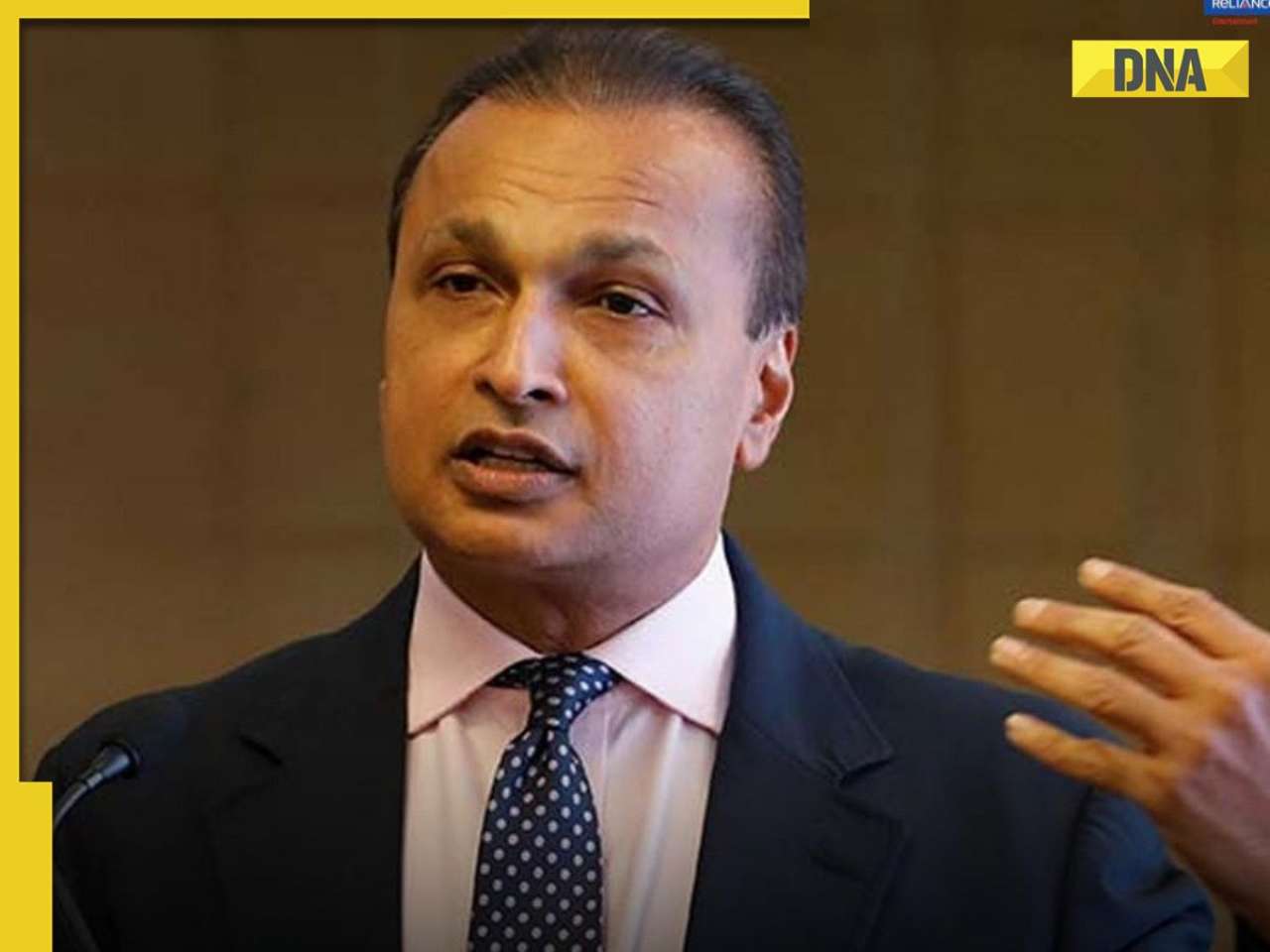





























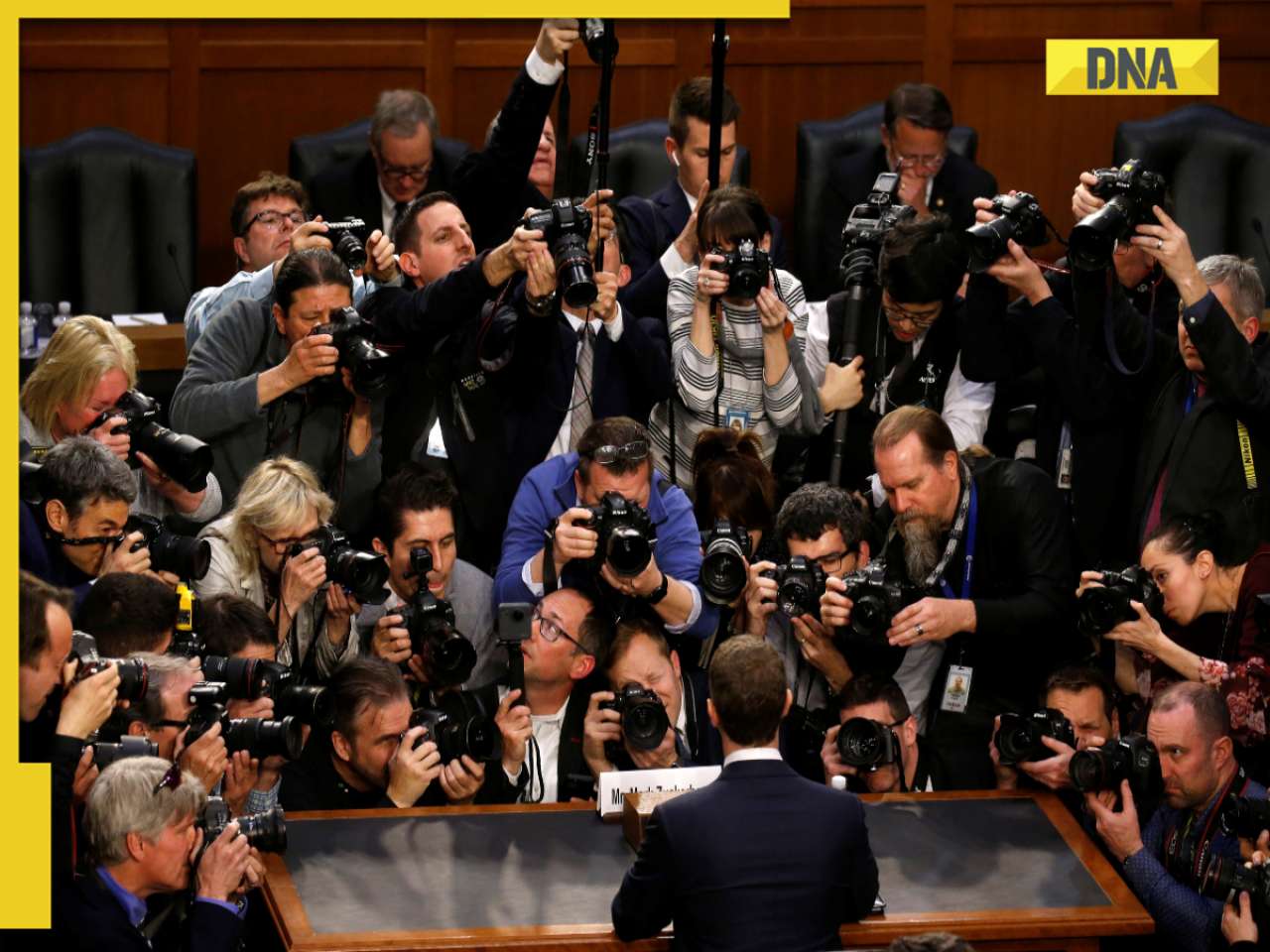




)

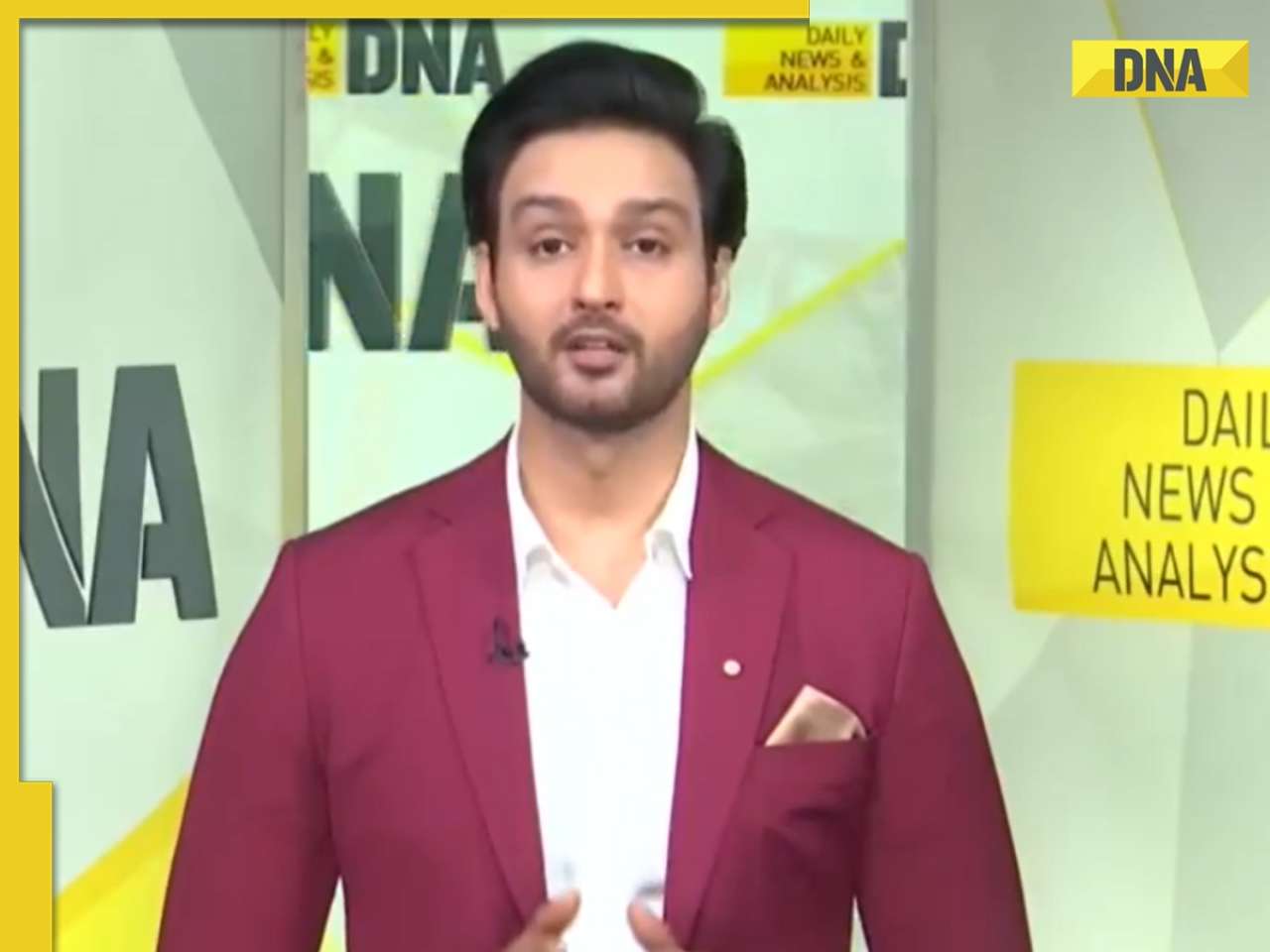
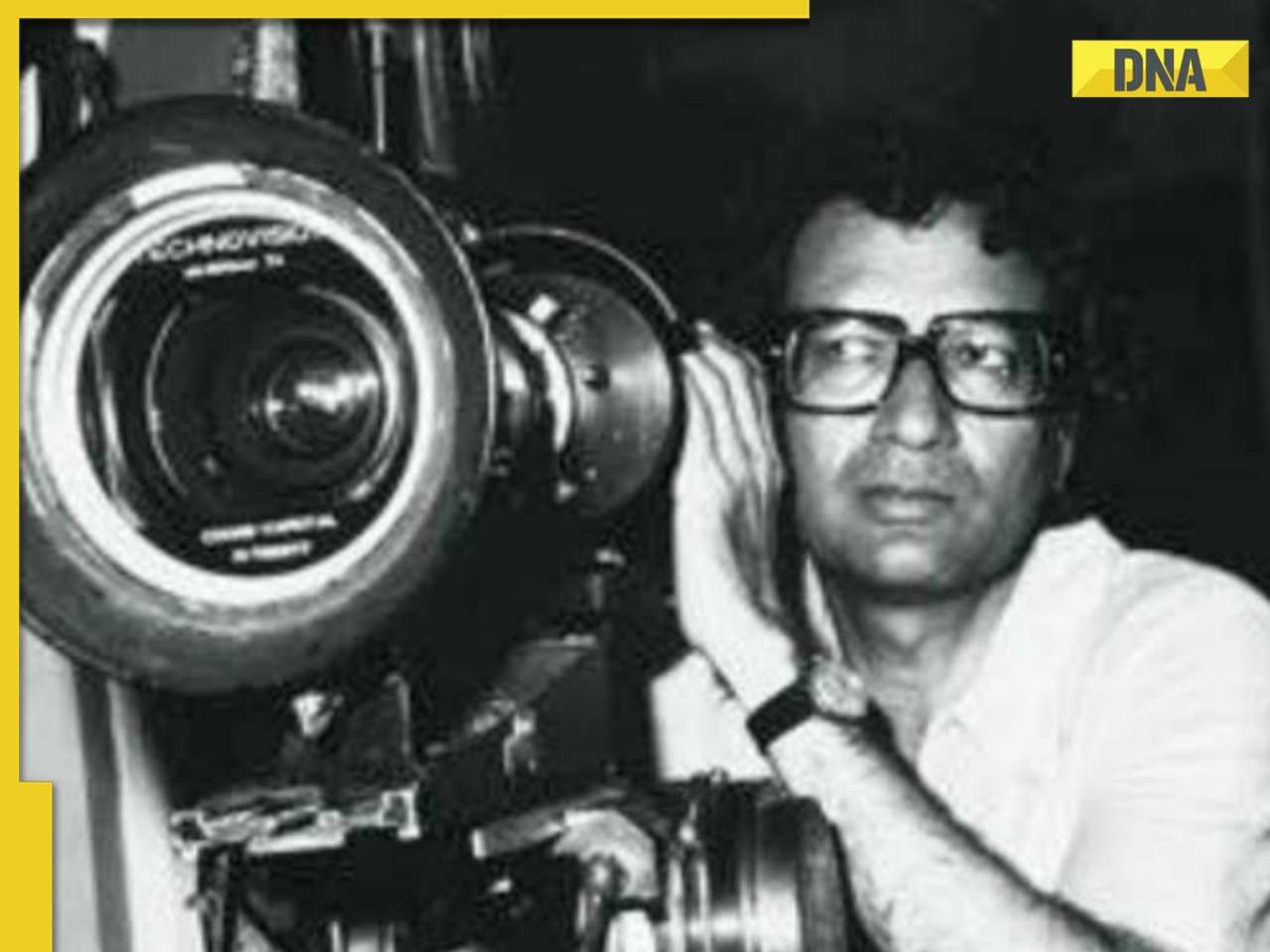
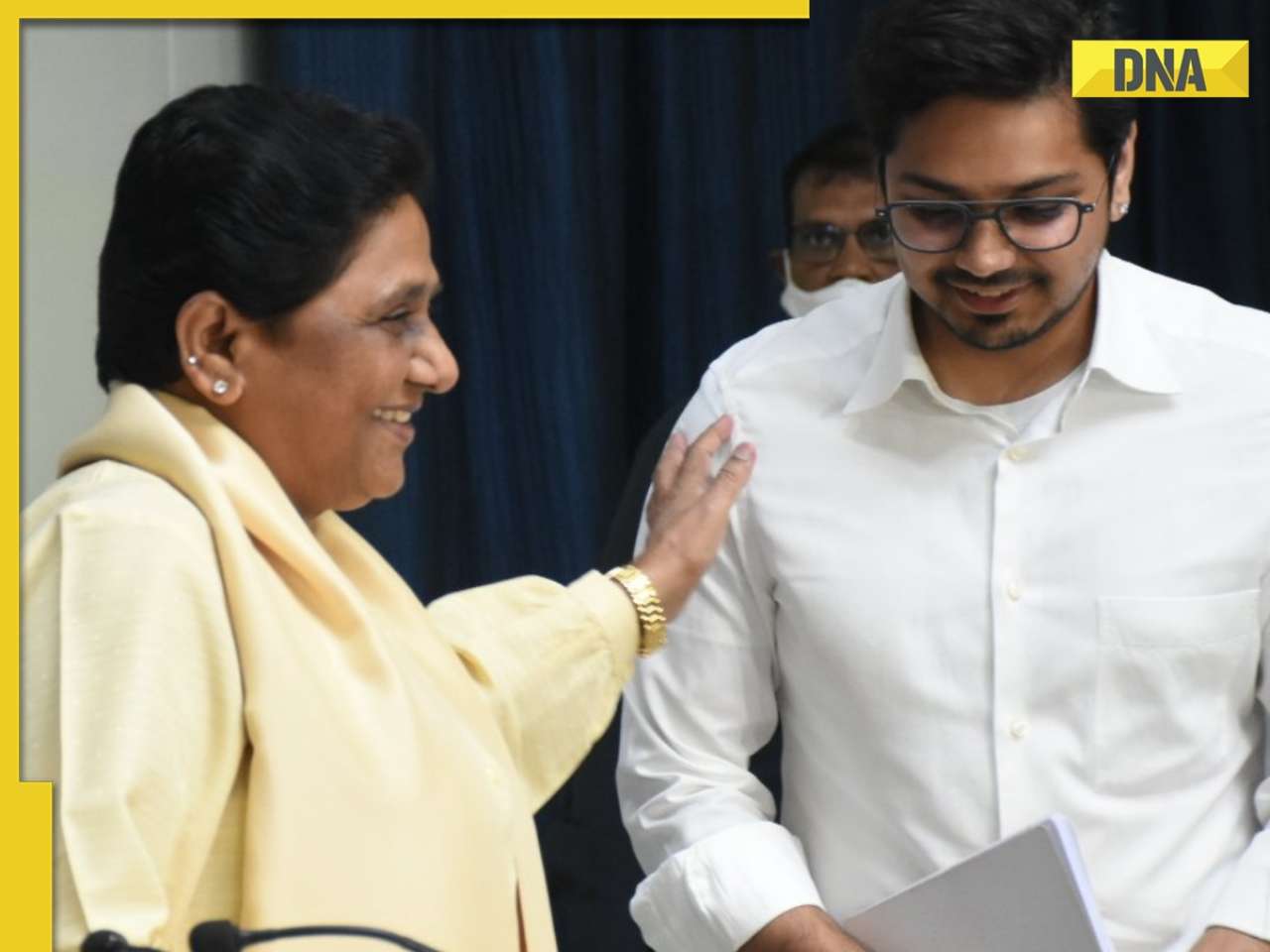
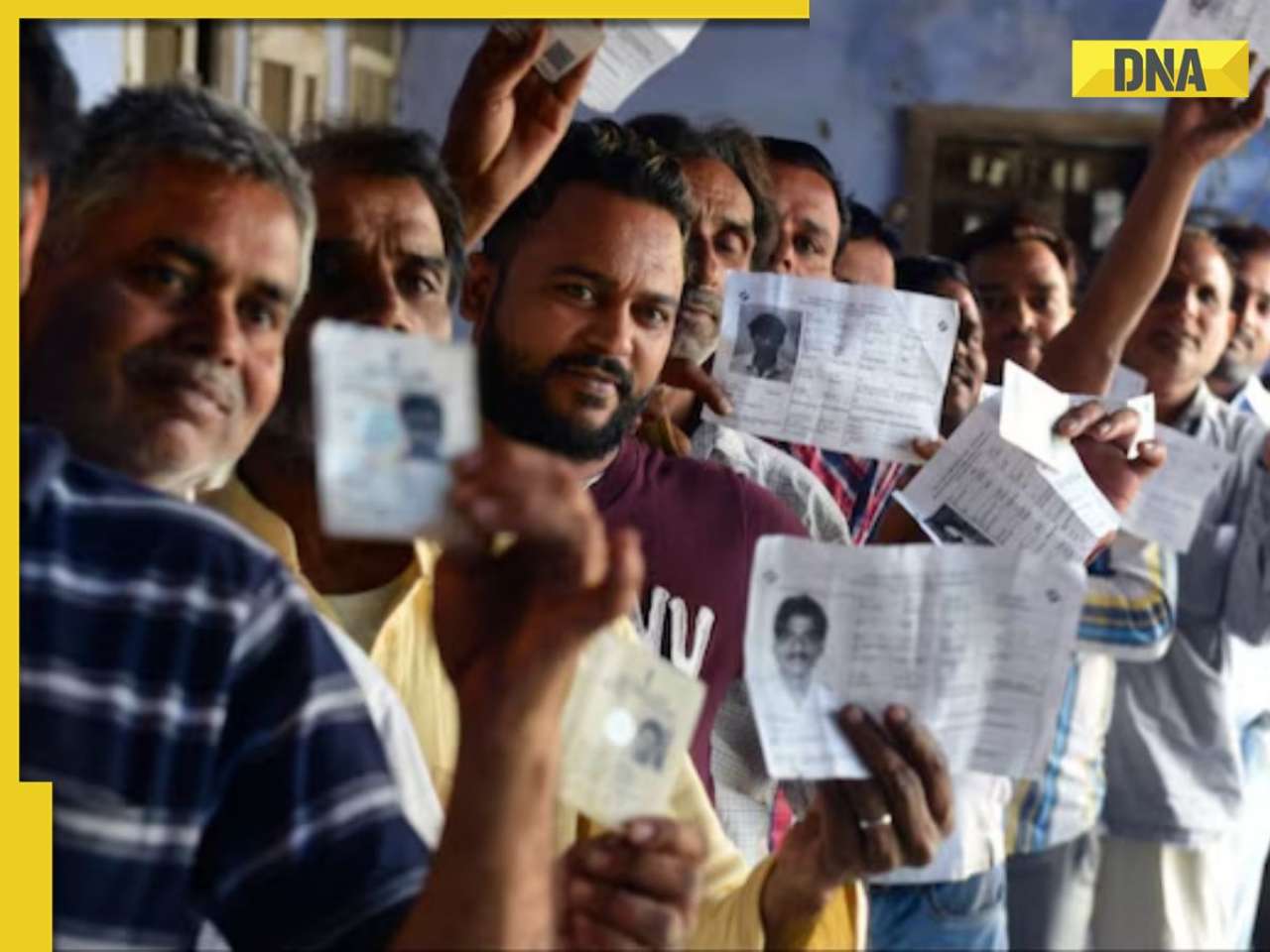
) The letter said such a move could have serious repercussions on India's national security, as a foreign-owned & controlled "lndian" carrier will gain automatic access to defence airfields in lndia. Currently, civil enclaves at defence airfields are not open for foreign airlines. At present, only a select, extremely limited number of foreign carriers are allowed to operate to some defence airfields, that too only if and when the concerned country is granted access to the concerned airfield as a point of call.
The letter said such a move could have serious repercussions on India's national security, as a foreign-owned & controlled "lndian" carrier will gain automatic access to defence airfields in lndia. Currently, civil enclaves at defence airfields are not open for foreign airlines. At present, only a select, extremely limited number of foreign carriers are allowed to operate to some defence airfields, that too only if and when the concerned country is granted access to the concerned airfield as a point of call.



)
)
)
)
)
)